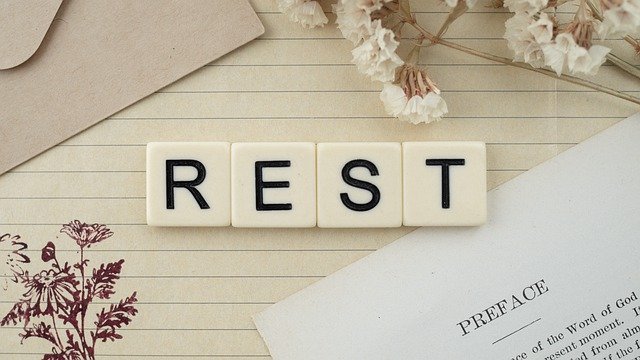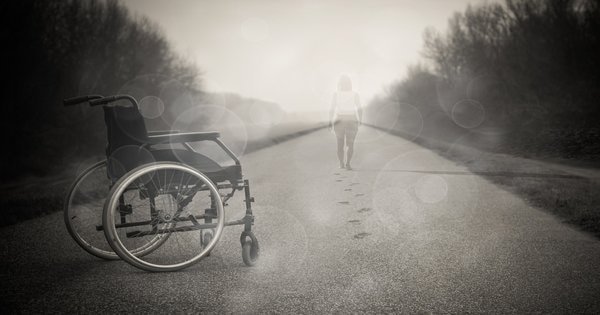Marriage Equality Does Not Include Everyone

For me, getting married is something I have always dreamed about. Having a disability has nothing to do with lessening my desire to become a spouse, but my dream of happily ever after may never come true because of the law. It is not that the Social Security Administration (SSA) prohibits a person with a disability from marrying, but if one does, he or she will suffer the loss of benefits under the marriage penalty.
Marriage can affect Medicaid benefits. Medicaid considers total household income when you are married—your spouse’s income is considered to be part of your income or resources.
If two people receiving SSI get married, they will receive 25% less in benefits than they did as two individuals. The theory is that a couple can live on less income together than they would as individuals. Even if a couple does not get legally married, they can be considered to be “holding out” if they are presenting themselves as a couple by SSI definition; for them, the same rules apply as for a married couple and they will have their benefits reduced. If only one person in the couple is receiving SSI, the benefit will still be reduced or they may no longer be eligible for it.
In addition, there is also a resource limit; the amount of money you can have in the bank for an individual is $2,000 and for a couple, it is only $3,000. Beyond these marriage-related SSI benefits and asset restrictions, eligibility for SSI in most states means eligibility for Medicaid. Medicaid covers services not covered by other health insurance plans such as personal care assistance, certain durable medical equipment, medications, and transportation to medical appointments. So anything affecting SSI eligibility may have a ripple effect
Currently, I receive Childhood Disability Benefits, which is a form of Social Security Disability Insurance (SSDI). CDB is an income benefit for individuals who were disabled by the age of 22 and have a parent who paid into the Social Security system and is retired, deceased, or is disabled. My father, who has passed away but worked for a long time with the same company, is why I receive these benefits. As it stands right now if I did get married, I will lose my CDB income and Medicaid. For me, the monetary allotment is not as crucial as my Medicaid benefits and my eligibility for personal care attendant services.
The rationale seems to be when you get married and your husband is able-bodied, he should be able to support you completely. This issue has gotten the disability community fired up all around the U.S., and rightfully so. Many people with disabilities are writing letters to their legislators, starting petitions, and talking about this matter wherever they can.
The definition of marriage equality as it stands now is the state having the same rights and responsibilities of marriage as others, regardless of one’s sexual orientation or gender identity. However, I believe that marriage equality should be equal for all individuals.
I hope that in the near future there will be marriage equality for people with disabilities so that we may get legitimately married and not be penalized by the government. For now, the next best thing to getting married is to have a unity ceremony where no official papers are signed.
Click here to sign a petition to remove the marriage penalty against disabled couples.











Oh my. I never knew about this.
Thank you for taking the time to read and reply!